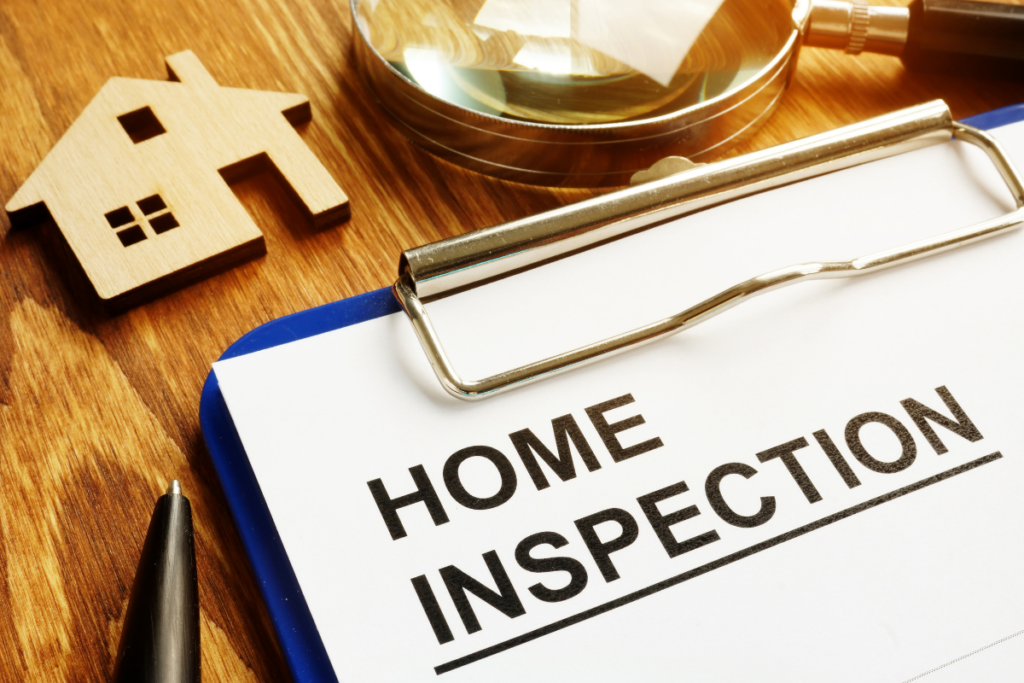 Real estate investors may sometimes be willing to shrug off the need for professional inspections as they plan to renovate their properties. A home inspection, however, can save both residential homebuyers and investors serious headaches and money down the line.
Real estate investors may sometimes be willing to shrug off the need for professional inspections as they plan to renovate their properties. A home inspection, however, can save both residential homebuyers and investors serious headaches and money down the line.
Licensed inspectors will thoroughly examine the house for issues and conditions that sometimes are not apparent to the untrained eye. Armed with a detailed report, investors are more likely to make an informed, financially sound decision on the purchase and have more latitude to negotiate the price with the seller.
As an investor, there are some areas that you should pay careful attention to during the inspection to ensure you’re investing in the right property. Following are five of these areas of concern:
Structural Components
Inspectors will examine the foundation of the house as well as the attic space to search for any damage or water leaks. Should there by an foundation repairs necessary, many real estate investors will choose to walk away and look elsewhere for a property as these repairs can be exorbitant
Roofing
Roof inspectors examine roofs and ceilings for leaks, damage, mold, rotting wood, and more. If the house you are purchasing has a roof that is 20-25 years old or shows visible signs of damage, you may want to consider a roof inspection. Replacing a roof can be almost as expensive as some structural repairs, so investors should thoughtfully take inspection findings under advisement.
Plumbing
Inspectors will examine pipes, drains, vents, and waste systems to ensure they are free of leaks and obstructions. As plumbing is something that requires professional expertise, expenses can quickly add up. A proper inspection can save you quite a bit of cash!
Appliances
While you may expect to upgrade dated appliances such as fridge, stove, and dishwasher, there are other appliances that you are less likely to replace. These include heating and air conditioning units, hot tubs, and electric fireplaces.
Mold
Mold inspectors visually assess the house for mold and test surfaces and air. If your general home inspector picks up any mold during their inspection, it is a good idea to have the home inspected further for mold issues. Fungal growth not only poses a health risk to residents, but also weakens the structure of your property if left untreated.
Are you ready to invest in real estate and see the value it can provide? RLG would love to help you! Call us today to learn more.


